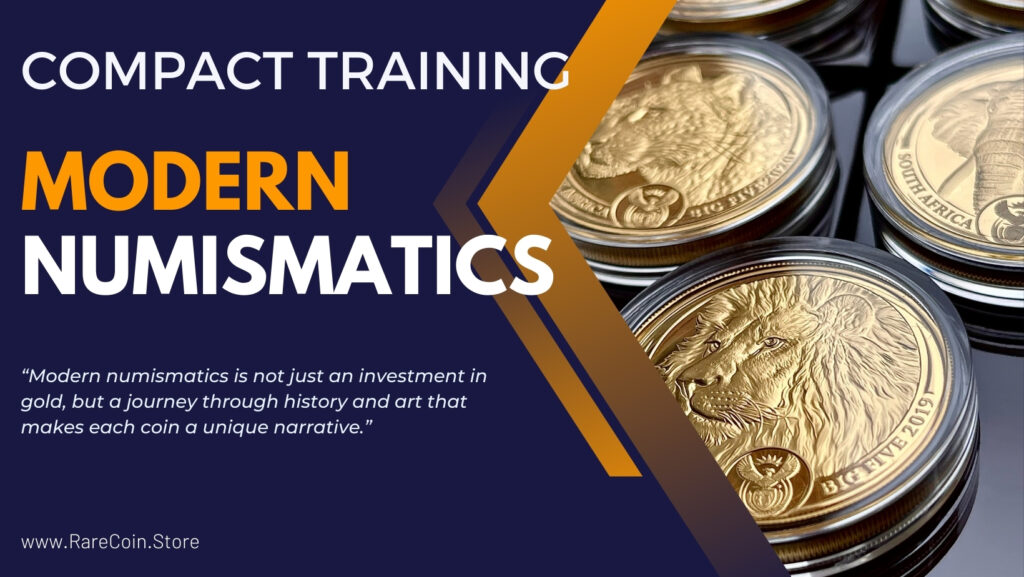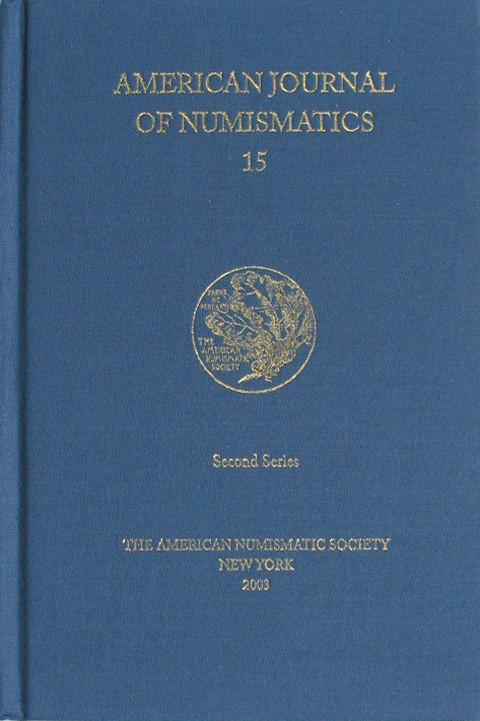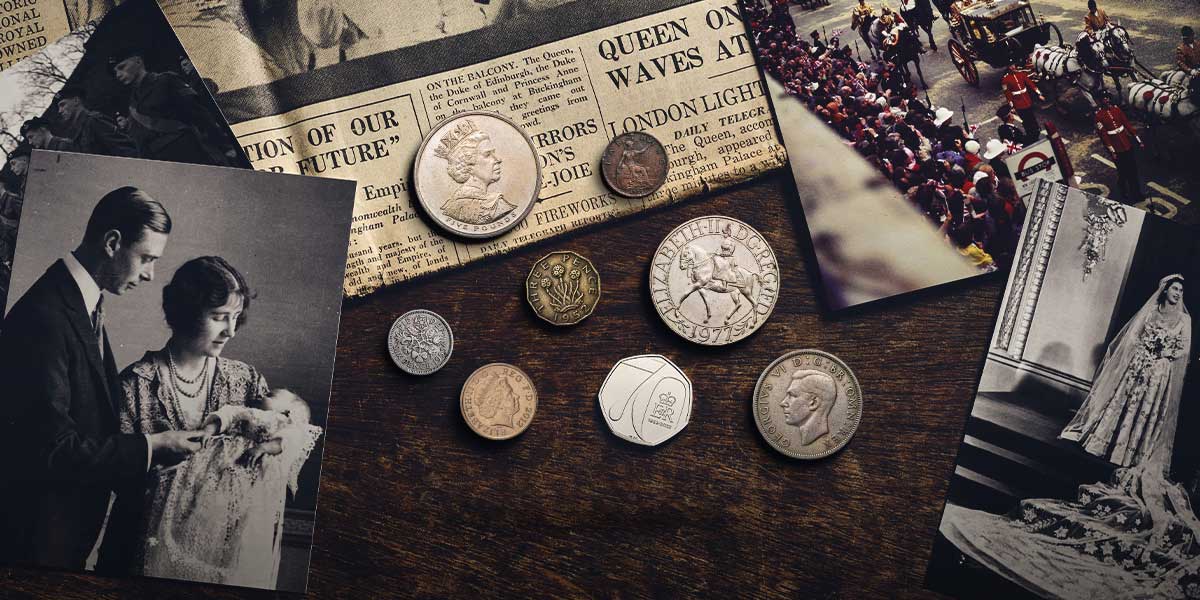Excellent Facts For Choosing Banknote Forum And Peso
Excellent Facts For Choosing Banknote Forum And Peso
Blog Article
What Can I Do With A Database To Research Numismatics With Regards To Global And Regional Associations?
A structured approach is provided for conducting this research. Here's a method of conducting this type of research: Database selection: Select databases that specialize on numismatic organizations, such as websites of major numismatic society like the American Numismatic Association(ANA) or the International Numismatic Council(INC), or regional associations like the Numismatic Association of Australia. JSTOR is a database of academic papers, conference proceedings and databases.
Define Research Focus: Specify your research objectives. You might be interested in the history of the numismatic societies, their work including regional collaborations, conferences and regional meetings or on specific numismatic issues discussed by these associations. Find out what you're trying to find in order to guide your research.
Search Strategies: Keywords like"numismatic organisations, "global numismatics," or "regional numismatics" are useful. It is also possible to include association names and geographic regions, if you wish. Advanced search is a way to filter the results by date, document types (such as association newsletters or conference papers) and geographic scope.
Get information on international and regional numismatic societies, including their purpose, history and membership. You can also find out information about publications and activities. Look up information on previous or forthcoming conference, research collaborations and workshops. Search databases for information about association leaders, members, and contact information.
Analysis: Examine the data to comprehend the impact and significance of both regional and global numismatic associations. Analyze the ways they advance knowledge about numismatics and promote international collaborations. They also share their findings through publications and conferences.
Cross-Referencing: Check your conclusions by cross-referencing information across multiple databases and sources. Compare the activities and projects of different associations for greater understanding of the global and regional developments in the field of numismatics.
Documentation: Record your findings systematically, citing sources and highlighting the methodologies employed. Keep track of the details like the databases you searched with as well as the search terms employed, as well as the relevance of each source was to your study.
Keep up-to-date. Numismatics evolves over time. There are always new publications or collaborations, as well as conferences. Keep up to date by checking association websites as well as newsletters and databases of scholarly journals.
These steps can help you utilize databases to research numismatics with respect to global and local associations. This method allows for a thorough study of the organization structure, scholarly activities, and collaboration efforts that define the field of numismatics on the global and regional levels. Take a look at the recommended what is it worth about coin for more recommendations including dime, coin show, banknote news, banknote certification, banknote history, currency exchange, coin society, coin holder, money, central bank and more.
How Can I Find Out More About Numismatics In Relation To Refineries Using Databases?
For a systematic study on refineries, you require databases that concentrate on the processes of refinement and minting of precious metals and historical aspects. Here is a systematic approach to conducting this research:Database selection: Select databases that focus on precious metals refinement, minting processes, and numismatics. Databases from major refineries like Johnson Matthey or Heraeus; or government mints like the United States Mint, the Royal Canadian Mint, are examples.
Define Research Focus: Specify your research objectives. Are you interested in learning more about the history of the refinery, its operations, the technological advances in the refining process as well as the production and certifying of coins and bullion, or perhaps the standards and certifications for precious metals? Make sure you know what you are looking for in order to focus your search.
Search Strategy - Use keywords to locate refineries, such as "precious metallics refineries", and other words like "minting processes", "bullion" or geographical regions. If appropriate Include names of refineries, historical periods or geographical regions. Advanced search options let you to filter by date, document type like technical reports, production data, or refinement methods.
Data Collection: Access details about refineries and their dates of establishment and refining methods employed (such as chemical refining, electrolytic refining) and the types of precious metals processed (gold, silver, platinum) and any noteworthy advancements or developments in refining technology.
Analyze: Analyze the refineries' roles in Numismatics. Study the ways refineries source base and precious metals used in gold and coin production, ensure quality control of minting processes and help in standardizing the materials used for coinage. Review the different methods and techniques employed by various refineries or mints.
Cross-Referencing: Verify your findings by cross-referencing the information in various databases. This will provide an extensive and accurate view of the contribution of refineries to numismatics.
Documentation. Record your findings in a systematic manner by citing the sources you used and listing the methods you used. Keep track of information like the databases you've used and the search terms you used and their connection to your research questions.
Stay updated: Standards and technologies for refinery evolve with time. Stay up-to-date by reading industry publications, refinery and mint reports to stay up-to-date with the latest developments in refining technologies and their impact on the numismatics industry.
Following these steps, you will be able to effectively make use of databases to research the numismatics of refineries. This permits a thorough investigation into the technological innovation as well as quality control and their historical contribution in the production of bullion and coin worldwide. Check out the top over here on currency dealer for website recommendations including copyright detection, coin society, banknote holder, banknote production, coin appraisal, uncirculated, legal tender, obsolete currency, banknote certification, collection and more.
How Can I Find Out More About Numismatics In Relation To Collectors Using Databases?
The research is conducted using a database that focuses on collecting interest, collections, numismatic associations, and profiles of collectors. This is a systematic procedure for conducting this research: Database selection: Pick databases that specialize in numismatic profiles, numismatic associations and collector collections. Forums for collectors online websites of numismatic groups (such such as the American Numismatic Association), databases for collectors, and special research platforms are a few examples.
Define Research Focus: Specify your research objectives. You might be interested in the collecting preferences of specific collectors or in the creation of a notable collection of numismatics. Clarify your search to help you.
Search Strategy: Use keywords such as "numismatic collectors," "collector profiles,"" "numismatic societies," and add specific collector names or geographic regions when applicable. Utilize advanced search options to sort results based on date, collecting specialties (such as old coins, exonumia, paper money) and membership in numismatic societies.
Data collection: Get access to information about collectors, including biographies of the collectors, their interests in collecting and noteworthy acquisitions. Additionally, you can access information on contributions to numismatic research or events for the community. Information about the development and dispersal of noteworthy collections can be obtained through the study of auction results and catalogue entries.
Analyze: Utilize the information to identify the factors and motivations for collecting numismatics. Discover how collectors affect market demand and collecting trends. Also, explore their role in the preservation and dissemination of the numismatic heritage through exhibitions, publications, and educational initiatives.
Cross-Referencing - Verify your findings using information from different databases, profiles of collectors or auction archives or numismatic publications. This will ensure accuracy and completeness in your research, providing information on the various role and contributions of collectors to the numismatic community.
Documentation. Record your findings from research by citing sources, and noting the methods you used. Record details about the databases used, search terms used, and the importance of every source you use to answer your research questions.
Keep Up-to-date: Numismatic collection interest and trends change over time. You can stay up-to-date by following updates from collector forums and publications of numismatic organizations and special databases.
These steps will help you use databases to investigate numismatics from the viewpoint of collectors. This method allows for an in-depth study of the motivations, interest, and contributions made by collectors from the world of numismatics. Additionally, it provides insights into the historical and cultural aspects of collecting. Follow the recommended banknote society info for website tips including bullion coins, dollar, commemorative, banknote storage, coin mold, treasury, coin authenticity, coin certification, ringgit, coin artist and more.
What Can I Do With A Numismatics Database To Access Online Forums And Communities To Do Research?
For conducting such research, follow this procedure: Database Selection: Choose online forums and communities that are specialized in the field of numismatics. These platforms allow collectors, enthusiasts and experts to share their knowledge about current trends, debate them and show collections. Here's a systematic approach to conduct this research: Database Selection: Pick online communities and forums that are specialized in numismatics. For instance, forums like CoinTalk on Reddit, r/Coins in Facebook and other communities that are specialized in numismatics.
Define Research Focus: Specify your research objectives. Are you keen to know more about the current trends in collecting, debate particular coin types and historical periods, seek opinions on authenticity and grading? Or connect with experts in specialized numismatic areas? Find out what you are looking for to help you narrow your search.
Search Strategy: Make use of keywords relevant to the subject that you are interested in, for example "numismatic forum,"" "coin collecting community,"" "online discussion forums on Numismatics" and other keywords that relate to specific subjects, (ancient coins or contemporary coins) or keywords that are related to the topic of your study. Use search functions on each platform to locate relevant discussions.
Data Collection: Access the data contained in threads, discussions or threads on forums online. Learn about coin identification techniques as well as current market trends discussion, personal experiences and other information in numismatics.
Analysis: Examine your data in order to understand the views and experiences of members in the online numismatic community. Examine the reliability of the information by evaluating the contributions of experts as well as the consensus among members on certain topics, as well as the depth of discussion.
Cross-Referencing. Verify what you've learned by comparing data from different forums and communities. Examine the insights of different platforms to gain a broader perspective of collecting trends, market trends, and expert guidance in the numismatics community.
Documentation: Document all your observations, including specific threads and discussions. If you need to you want to cite contributors. Note the most important insights, opinions, and trends shared on online forums and in communities.
Keep active: Participate in discussions and ask questions to learn more and make connections within the community of numismatists. Keep up-to-date with the latest threads, replies, as well as announcements to keep up-to-date with the latest discussions and trends.
Follow these guidelines to successfully make use of forums and online communities to conduct numismatic research. This will allow you to draw on the collective knowledge and experience of a diverse group of collectors and experts with valuable insight and perspectives on various aspects of coin collecting as well as identification and appreciation. Read the most popular historical currency for website advice including federal reserve, currency dealer, banknote magazine, rand, silver, franc, currency authentication, banknote design, dime, legal tender and more.
What Can I Do To Research Numismatics With Respect To Technology Providers By Using A Database?
To conduct such research, follow this strategy: Choose databases that are specialized in technology providers relevant to the field of numismatics. This is a systematic procedure for conducting this research. Industry reports and websites of tech companies, numismatic forums and publications of the numismatic society focused on technological developments.
Define Research Focus: Specify your research objectives. Are you seeking information about coin imaging technologies or new authentication methods (like spectroscopy) or digital cataloging solutions for collections of numismatics? Clarify your goals to guide your investigation.
Search Strategy Use keywords such "numismatic tech providers", "coin-imaging systems" as well as "authentication technology for coins" If appropriate. You can also include specific technologies or firms (such as digital image companies, authentication device manufactures) when necessary. Make use of advanced search features to sort results according to dates, types of technology, and industry sectors.
Data collection: Access data on technological advancements and developments in numismatics. Find out information about company profiles, product descriptions, technological specifications, case studies of technology implementations and evaluations of technological solutions for the numismatic field.
Analysis: Examine data to determine the how technology works and the impact it has on provided by different companies. Analyze how the new technologies will improve the efficiency of cataloging, improve authentication and aid in research on Numismatics.
Cross-Refencing Verify information by cross-referencing across databases, industry report websites, technology companies' websites, and publications. This will ensure that your research is complete and accurate as well as providing insight into the wide range of numismatic technologies available to reasons.
Documentation: Record findings in a systematic fashion, noting sources used and the methodology used. Notify the database's name or search terms, as well as the relevance of each source in relation to your study.
Keep yourself up-to-date Numismatic technology is always developing with advancements in digital cataloging, authentication, and imaging. Stay up-to-date by following updates from technology vendors and industry reports as well as numismatic publications for the most recent developments.
By following these steps, you will be able to allow you to effectively use databases to research the numismatics industry and the technology providers. This approach permits a comprehensive examination of the technological innovations that shape the cataloging, authentication and research capabilities in the numismatic world, providing insights into how technology impacts the practices of numismatics. Check out the most popular bullion examples for website info including numismatic value, currency exhibition, coin blank, coin magazine, coin certification, central bank, copyright, banknote certification, coin planchet, silver coins and more.